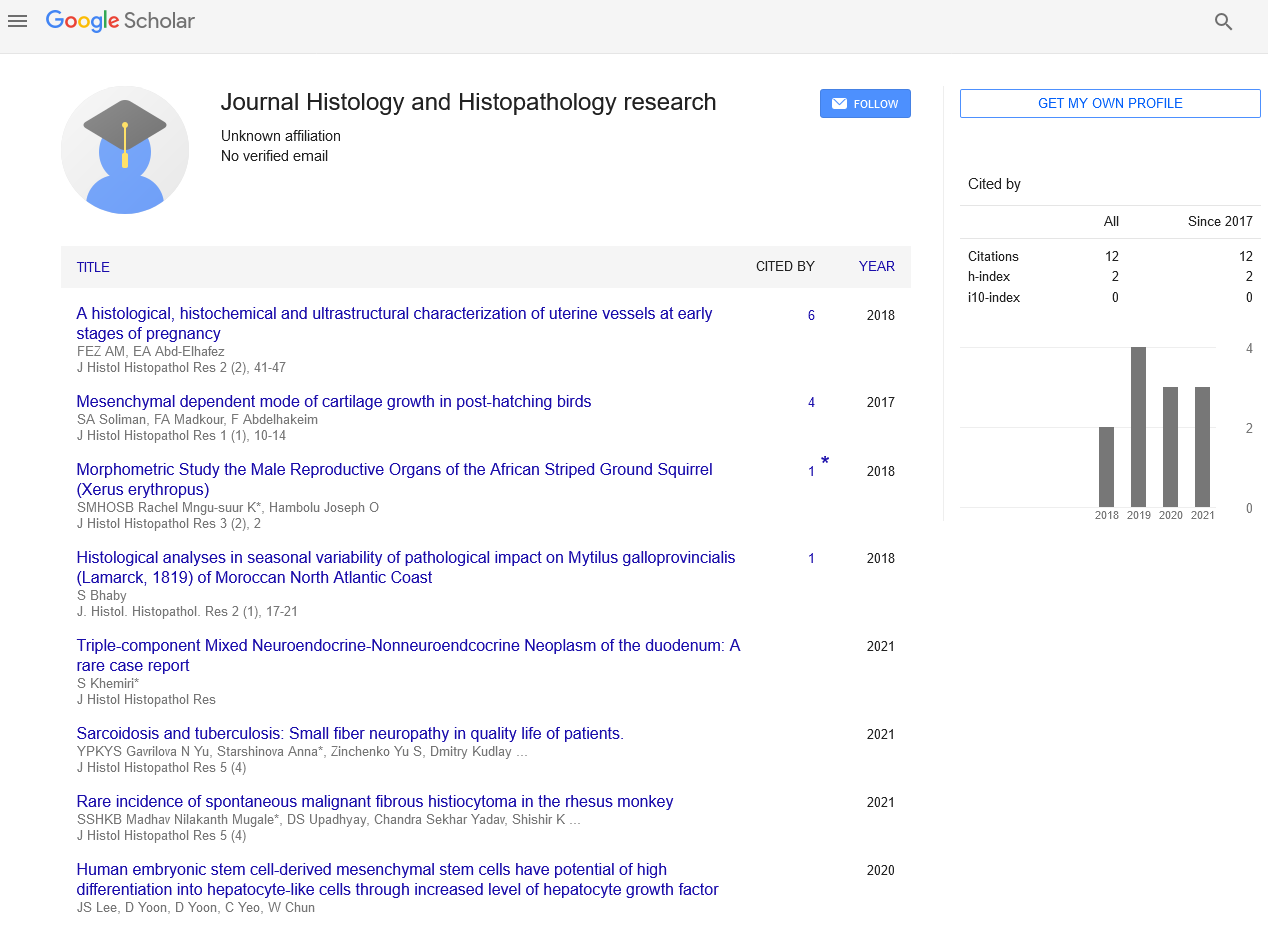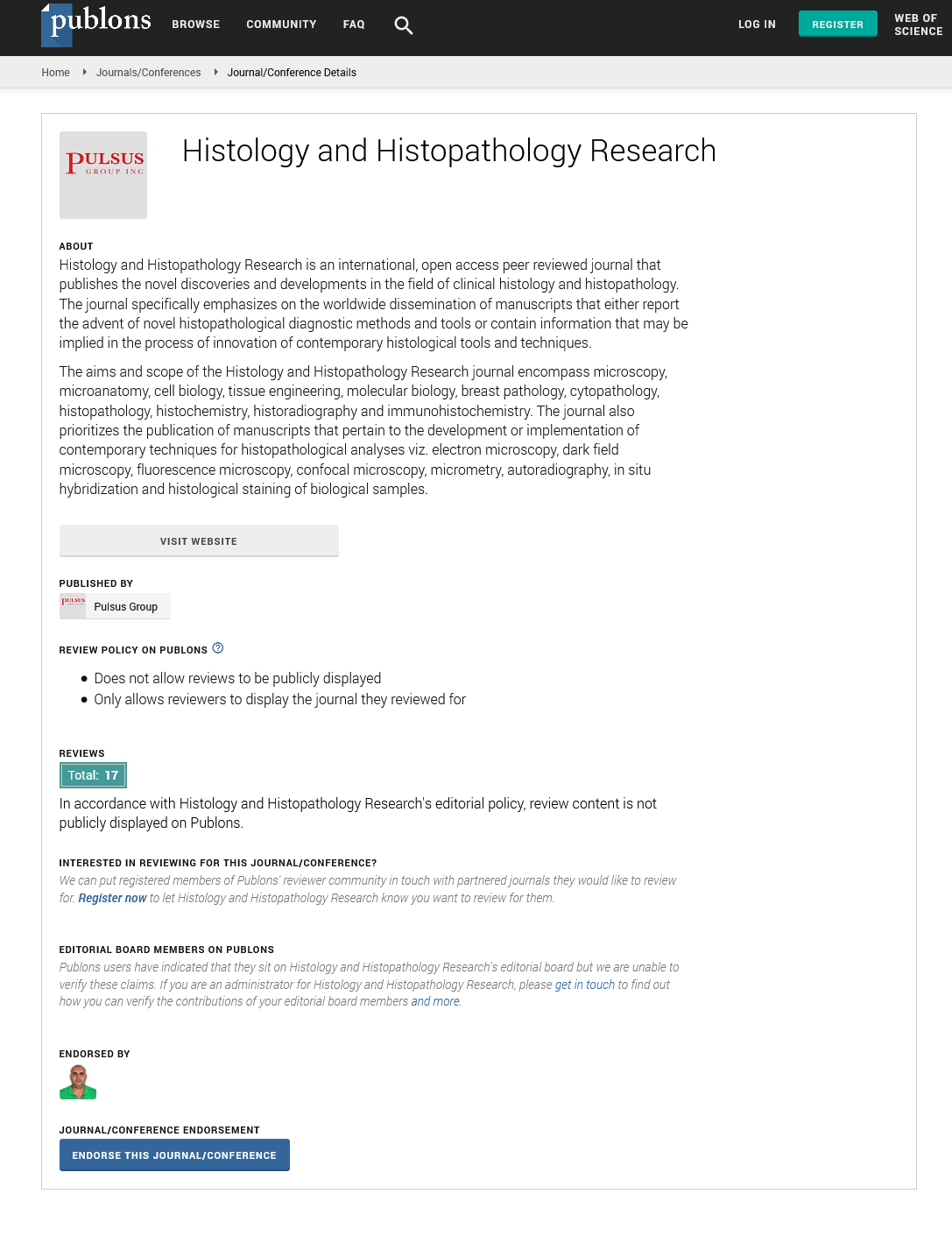
Sign up for email alert when new content gets added: Sign up
Abstract
NGS genomic analysis of the TERT gene in acral-lentiginous (non-CSD) and superficial spreading (low-CSD) subtypes of melanoma: A critical review of possible flaws in genomic analysis
Author(s): Barcelos Denise*, Rodrigues M and Landman GNGS technology is nowadays widely known to be a major ally in cancer mutation research; however, analytical results and deep knowledge of its stages still represent a formidable challenge. In this research, a genomic analysis of the TERT gene in acral-lentiginous and superficial spreading melanomas by NGS were performed in order to detect and evaluate variant mutations, in addition, to discuss methods and resources that may ensure a more accurate quality control in the use of FFPE in NGS genetic investigation. In this study, false variants c.3327delG (p.Gly1109fs) and c. 2259delG (p.Gly753fs) were found, both can serve as a complicating factor during analysis. Furthermore, factors such as low DNA count and errors in the alignment of short readings should be taken into consideration and analyzed, as they might represent false variants. NGS data is prone to calls for artifact-generating variants; however, it may be filtered systematically without compromising sensitivity. As NGS platforms and its respective language become commonly used in molecular diagnosis, the further processes involved with the production of artifacts will be identified and researched, avoiding diagnostic errors in clinical practice.
Full-Text | PDF





